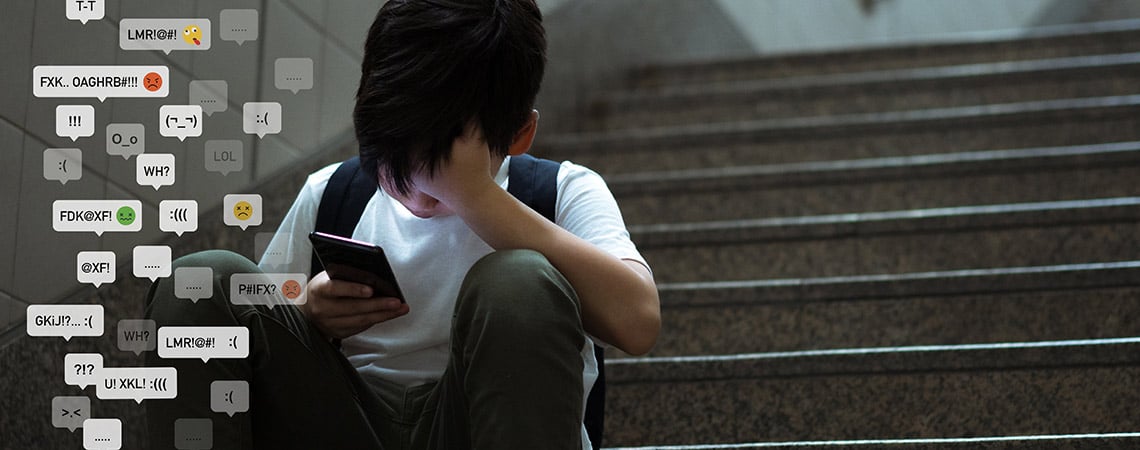Protecting Your Children Online: The Hidden Dangers of Cyberbullying

In today’s digital age, where the internet plays a crucial role in our daily lives, ensuring the safety and well-being of children online has become a top priority for parents. In fact, one of the most concerning threats children face in the digital world is cyberbullying.
A Growing Threat
Cyberbullying is the use of digital communication tools, such as social media, instant messaging or email, to harass, intimidate or harm others. It can take various forms, including spreading hurtful rumors, sharing embarrassing photos or videos or sending threatening messages. This online harassment can have severe emotional, psychological and even physical consequences for its victims.
Children at Risk
Children and teenagers are particularly vulnerable to cyberbullying for several reasons:
- Anonymity: Cyberbullies can hide behind the anonymity of the internet, making it challenging to identify and confront them.
- 24/7 Accessibility: The internet is always available, which means cyberbullying can occur at any time, even outside school hours.
- Peer Pressure: Children often want to fit in and may not report cyberbullying out of fear of being seen as weak or different.
- Lack of Experience: Children may not fully understand the consequences of their online actions and can inadvertently engage in cyberbullying themselves.
- Emotional Impact: Cyberbullying can lead to feelings of depression, anxiety and isolation, and in extreme cases, it has even led to self-harm or suicide.
Prioritize Protection
Once the gravity of cyberbullying is fully understood, here are some ways parents can protect their children online:
- Open Communication: Encourage your children to talk openly about their online experiences, both positive and negative. Let them know you’re there to support them.
- Set Boundaries: Establish clear rules for internet usage, including screen time limits and appropriate websites and apps.
- Educate Them: Teach your children about online safety, privacy and the importance of not sharing personal information.
- Monitor Their Activity: Keep an eye on your child’s online activities without invading their privacy. Use parental control software and check their social media profiles.
- Contact the Authorities: If cyberbullying gets too out of hand, contact the local authorities or someone in your child’s school system like a teacher, administrator or principal. It is important that entities like these take these claims seriously and take action when necessary.
- Research Software: Content filtering and blocking software such as Norton Family, Net Nanny and Qustodio require higher internet speeds to guarantee their full functionality.
- Upgrade Your Internet Speed: Slower speeds can make it difficult for social media platforms to implement real-time moderation. Slow connections may also hinder the prompt reporting of incidents.
- For instance, TikTok and Instagram have their own moderation software that deletes posts and comments that violate their community guidelines, but that software requires higher internet speeds.
- Another example—if it takes forever to fill out a form on a social platform or send a report through email, it can discourage users from reporting or delay receiving prompt action.
Cyberbullying is a serious concern for parents in the digital age. Be proactive in protecting your children online using a combination of open communication, education and setting boundaries.

